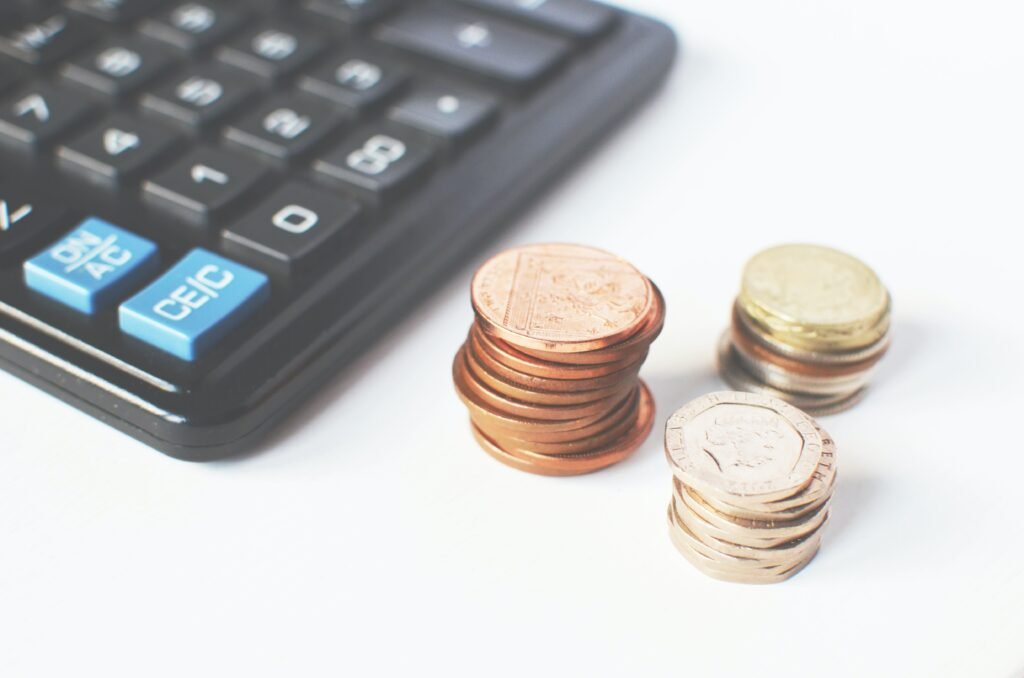
Living paycheck to paycheck is more common than you might think. While this is less than ideal, as it leaves little room for financial stability, it is common, nonetheless. If breaking this cycle is important to you, then you must buckle down and take a serious look at your personal financial situation. Having the discipline and dedication to revamp your relationship with money is huge but putting that into practice is going to take diligence and planning.
Initially, breaking this cycle requires a significant amount of sacrifice, however after time, you will realize that this discipline has in turn created a situation for you where you have a reframed financial outlook, and can in some ways, focus on it less. Being about to make large purchase is something that is a common stress of individuals living this way. When the time comes to buy a house, take a big trip, pay for college education, there is no money readily available to support these purchases.
Use Your Resources
Although you may not have the tangible dollars in the bank that you need, or want, that does not mean you do not have available money. Home equity is a great example of a financial resource that can be tapped to cover an important or significant payment, that does not technically come from your bank account. High interest credit cards do more worse than good, especially if you struggle to pay them down, or on time. The equity you have built up in your home can help you eliminate this scenario from your life.
A HELOC can be used for any purchase, so right off the bat it is a virtually limitless resource for money management. You can review a guide to help you decide whether you are looking to make sense of your home equity, learn about tax treatments such as e-filing your taxes, or how to access your home equity. Researching rates can help make you options a lot clearer. Once you have eliminated a significant chunk of your credit card debt, you can begin to allocate those funds towards savings to combat the paycheck-to-paycheck lifestyle
Do Not Sacrifice an Emergency Fund
Some people might feel that saving for a rainy day that may never come is something that can easily be eliminated if money is already tight. These are the people who have never had to deal with a financial emergency. Researching financial planning tips to help prepare for the unexpected might take some stretching up front, but having that security long-term is going to be worth any short-term challenges to create it.
Have a Goal Oriented Budget
Be specific with your personal finance plan and be merciless with your commitment to it. For example, having a category of your budget simply for transportation can be deceiving and result in you not realizing how much money to actually allocate to that section. Instead, breakdown sections, like transportation, into categories like car payment, insurance payment, and gas. This will allow you to steer clear of possibilities of not dedicating enough money towards transportation that can leave you strapped every single month as you struggle to pull funds from other areas to cover costs you did not thoughtfully plan for.



